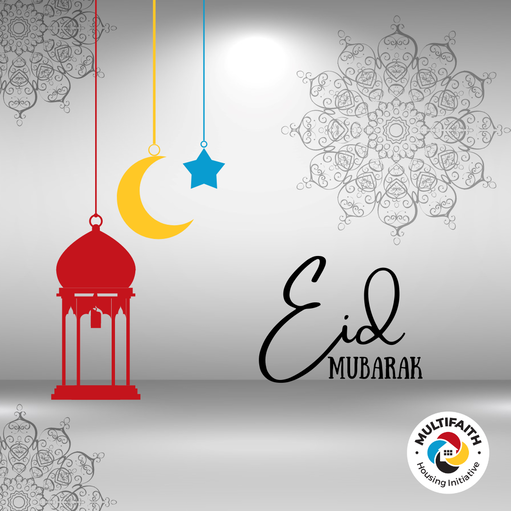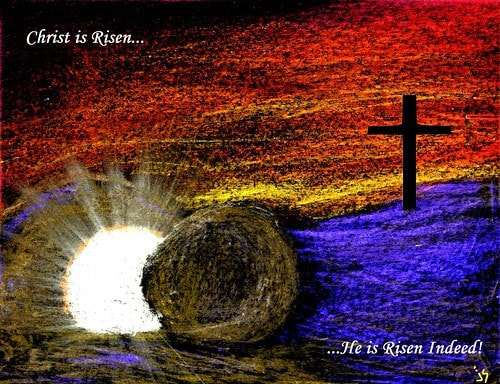PURIFICATION OF THE MIND, BODY AND SOULby Nadine El-Hawary, guest bloggerMuslims around the world eagerly await Ramadan every year. We see it as time of deep reflection, tranquility and an opportunity to seek forgiveness and pleasure from Allah (God). During the month, while fasting we are keenly aware that our actions must be a reflection of our physical state, one of restraint and patience. This means being extremely cautious with our words and actions. During the fast, we should refrain from lying, backbiting, cheating, and all generally hurtful behaviours. Charity, in the form of alms-giving and helping those in need is also highly encouraged. These are behaviours that Muslims are to embody all year round, but while in a state of fasting, the mind and soul are keenly aware of this. The breaking of fast which occurs at sunset is a very special time. Families or communities gather and break fast with dates and water, traditionally. The breaking of fast is followed by a prayer and then a full meal is served. Ramadan is a time filled with family and community coming together, where we are all trying our best to help and support each other through all aspects of the fast. Later In the evening, after we break fast, many of us observe special congregational nightly prayers at the mosque, or at home with our families. Ramadan is really a time of moral “re-set” – it is a time to re-focus on the basic principles our faith teaches us: honesty, kindness, generosity, patience, and cooperation, a time to be the “best version” of ourselves. It is a time to get back to basics, to the central Islamic belief that this life on earth is fleeting and our goal is to attain eternal life in heaven. That ultimate goal can only be achieved through our good intentions and actions. “O you who believe, fasting is prescribed for you as it was prescribed for those before you, that you may develop God-consciousness." (Quran 2:183)
0 Comments
by sue smarkala, guest bloggerEaster Sunday marks the Resurrection of Jesus three days after his death by crucifixion. For many Christians, Easter is the joyful end to the Lenten season of fasting and penitence. May your journey through this Easter season be filled with love, hope and peace from our Lord Jesus Christ. Blessings to you and yours!
Happy Easter! Hallelujah!! Easter Sunday, the most important day in the Christian year, is a celebration of Jesus’ resurrection. What humans have used for evil, God has used for good. ‘Hallelujah’, Praise God, Father Son and Holy Spirit, Creator, Christ and Spirit. The return of Christians to their churches on Easter Sunday is a joyous and happy one – after the sadness of the Good Friday service. We are a forgiven people! Praise be to God. Christians believe that a contrite heart and a willingness to say, “I’m sorry.”, wipes the slate clean. We can start afresh to meet the expectations of our God. The sense of rebirth is strong at the timing of the Easter Sunday. Baby chicks – fluffy bunnies – boughs of flowering forsythia – lilies and tulips - all speak to the mystery of life eternal. After months of snow, ice, storms and deep cold, we, in Ottawa, see the earth renewing itself. Life in abundance – we are not alone – thanks be to God. Christianity encourages us to imagine a fresh opportunity for us to respond to Christ’s commandment: John 13:34, “…to love one another…as I have loved you.” by fran klodawsky, guest bloggerPassover (Pesach in Hebrew) is a major, widely observed holiday and an important celebration of Jewish life and history.
Passover celebrates the biblical account of the Israelites’ flight from Egypt after 400 years of slavery. Holiday rituals include a dramatic retelling of the Exodus story and many unique food traditions, including the prohibition of eating bread, grains and any food with leavening, in memory of the matzah or unleavened bread eaten by the Israelites in their haste to flee Egypt. Jews come together with friends and family at home or in a communal setting to celebrate the great lessons of the story: the blessing of freedom and the reminder that since we were once slaves and were freed, it is our responsibility to work for freedom for all people, everywhere. Many families have long-standing, beloved traditions that have been passed down from generation to generation but new traditions are also welcome. The Seder is the centrepiece of any Passover experience. The word Seder literally means “order”. It is laid out in a special prayer book called the Haggadah and consists of 15 specific steps, including a festive meal, recounting the story of the Jews' redemption from slavery in Egypt, asking questions, eating special foods, drinking 4 cups of wine, singing, and other Passover traditions. Many families include prayers and references to contemporary issues that invite reflection, especially about groups and individuals who are still enslaved in some way. The Seder Plate contains symbolic foods referenced in the Seder. Its contents vary but most contain:
Other ritually significant items placed on the holiday table are:
Along with these traditional symbols, families may include a Cup of Miriam, a special goblet filled with water, to honour Miriam, the sister of Moses, who played a vital role in the Exodus. Also popular with some families and congregations is an orange as a symbol of inclusion of the LGBTQ+ community and others who have felt marginalized in Jewish life The afikoman is half of the middle matzah that is broken in the fourth step of the seder. It is customary to hide the afikoman, and the person (often a child) who finds it gets a prize. Passover - also known as the Festival of Spring - takes place on the 15th day of the month of Nisan, the first month of spring in the Hebrew (lunar) calendar. The traditional greeting Jews use during the 8-day holiday is "Chag Sameach", Hebrew for "Happy Holiday". The word “Passover” is derived from the Hebrew word pasach, which means "passed over,” referring to the 10th plague that killed the Egyptian firstborn, but miraculously “passed over” the houses of the Israelites. “I love Passover because for me it is a cry against indifference, a cry for compassion." ELIE WIESEL |
AuthorOfficial blog of Multifaith Housing Initiative. Archives
May 2024
Categories |
© COPYRIGHT. ALL RIGHTS RESERVED.



 RSS Feed
RSS Feed



